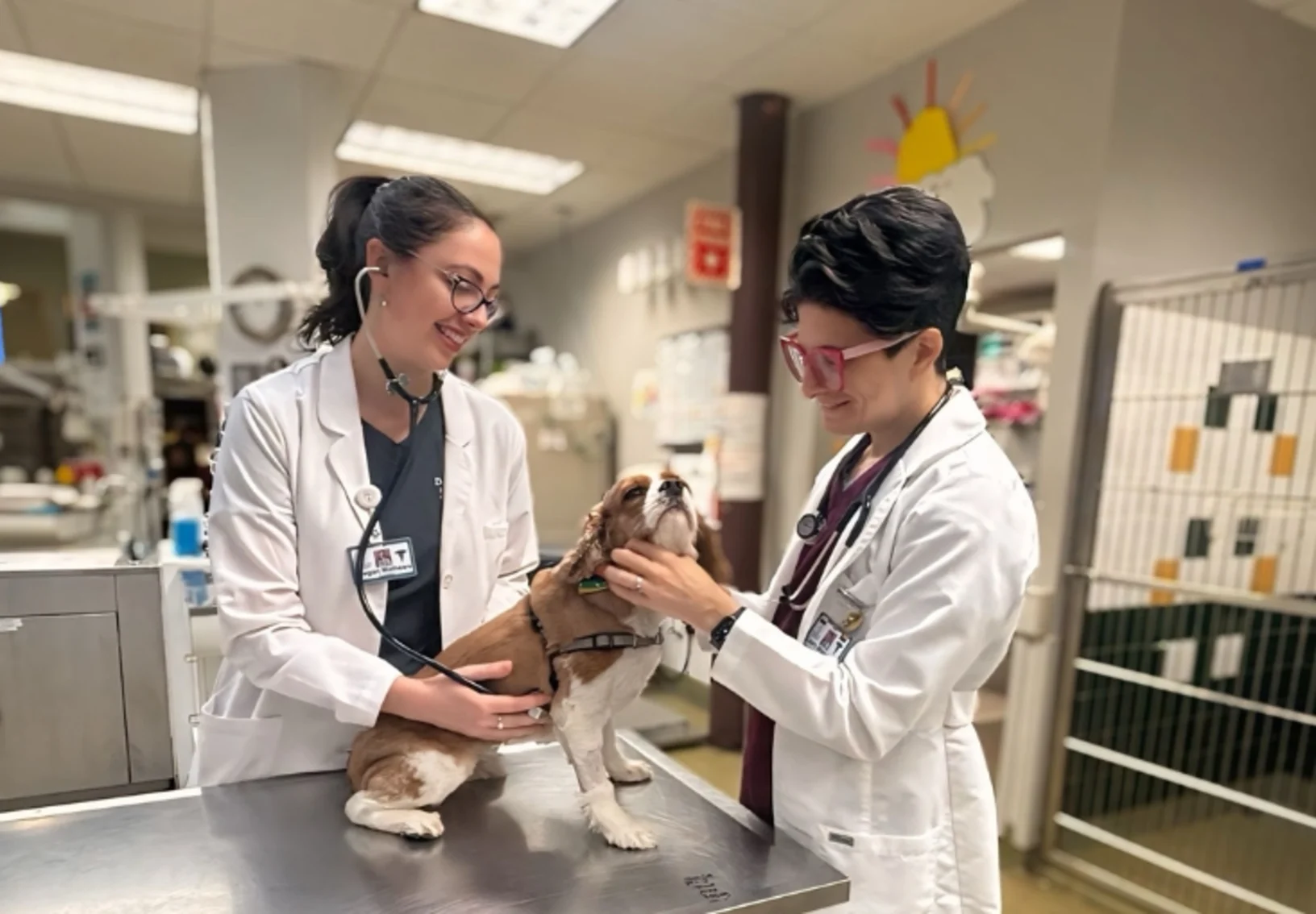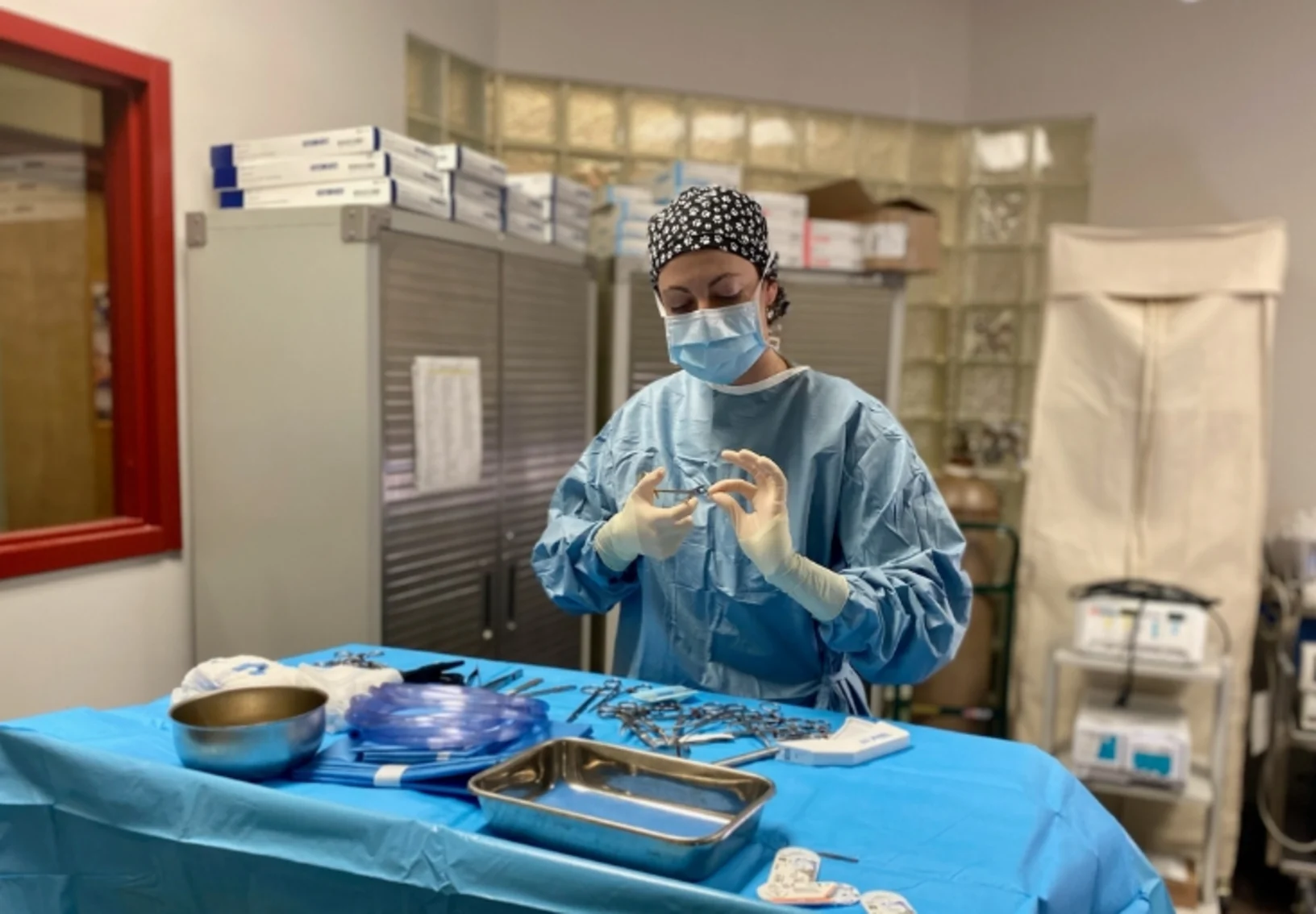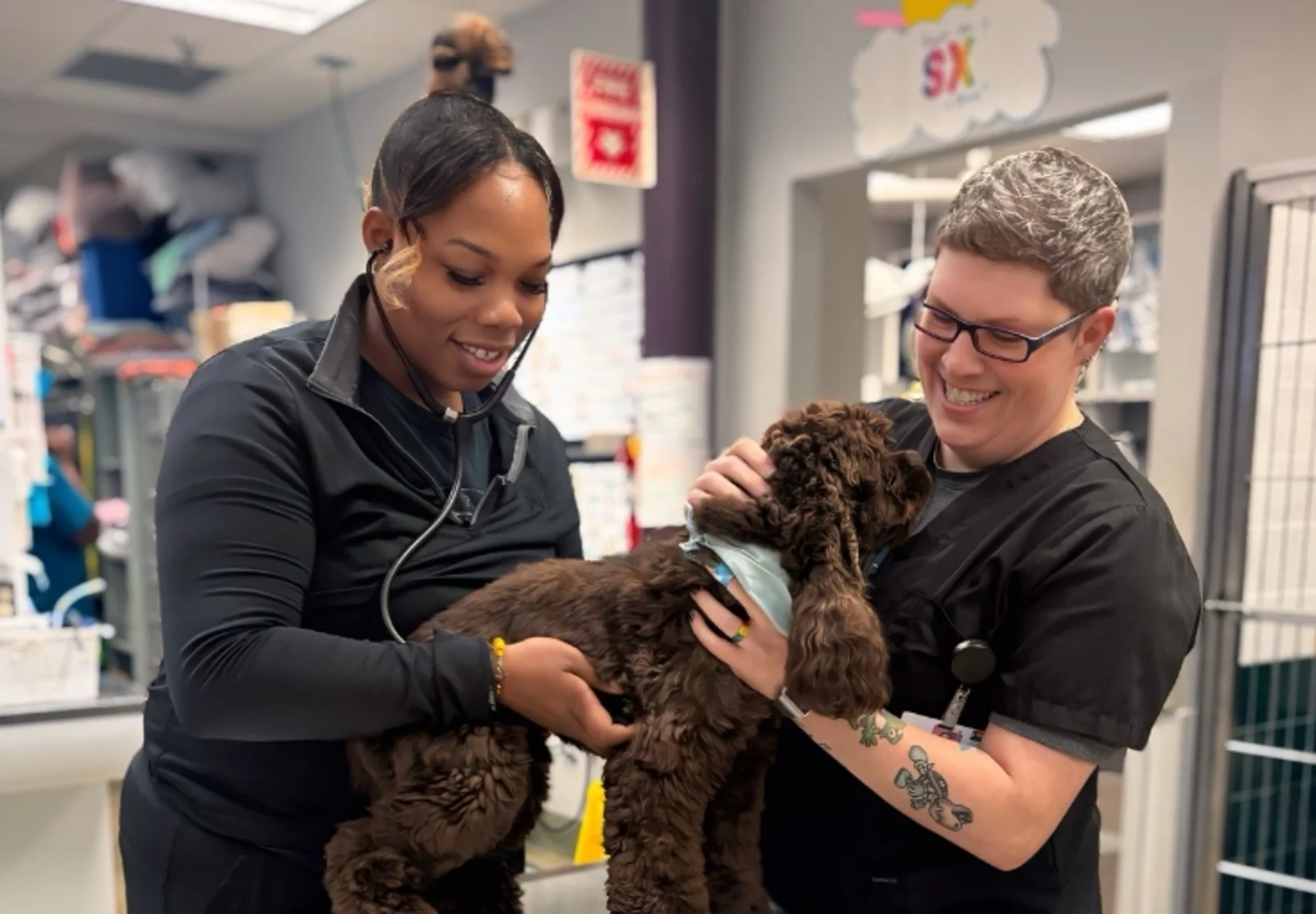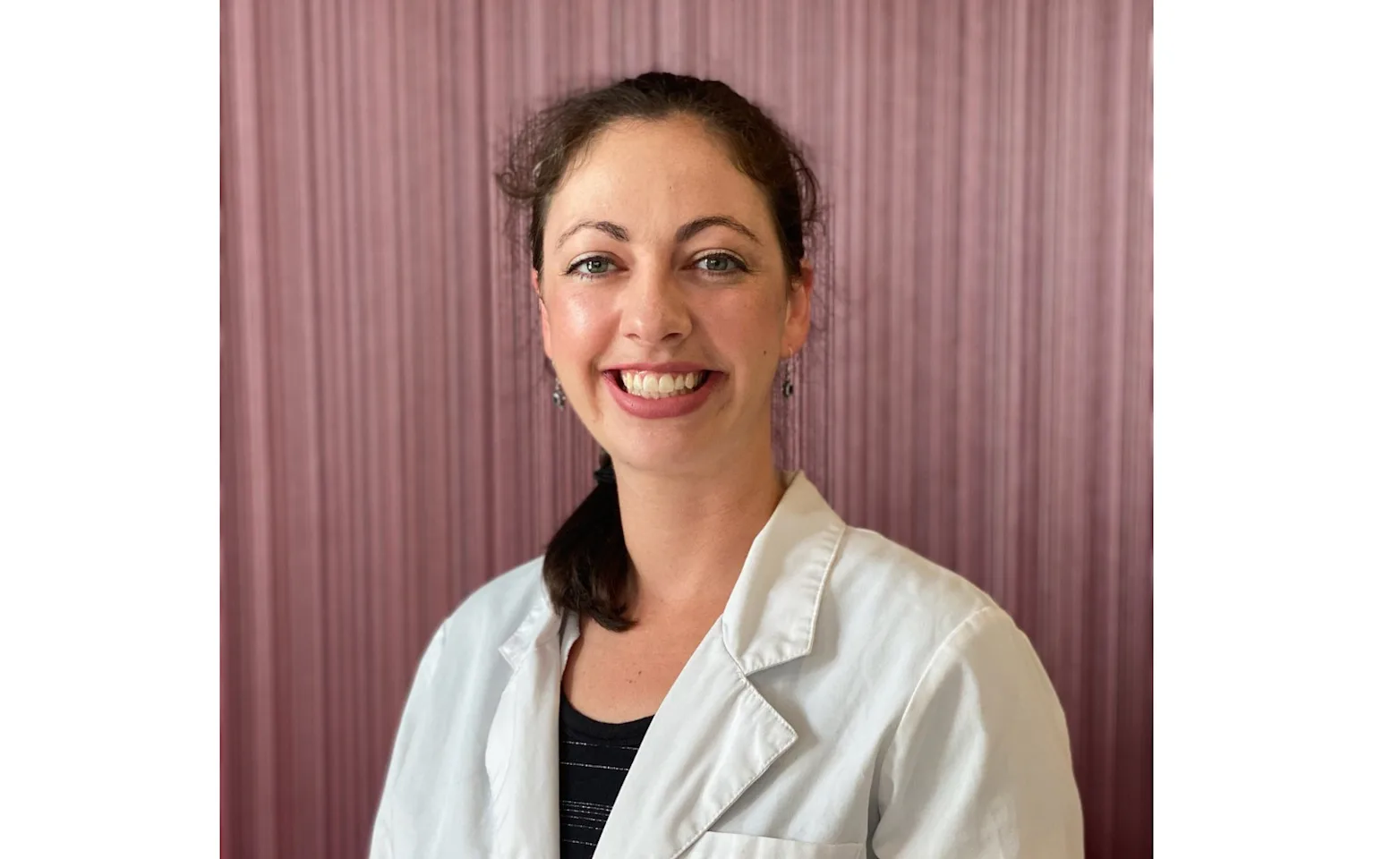Dogs and Cats Emergency & Specialty



Overview
Pets may be referred to our Surgery Department for a wide range of conditions requiring advanced surgical expertise. Our experienced team, led by Dr. Megan Mathews and Dr. Laura Mitterman, treats orthopedic injuries, tumors, congenital abnormalities, and emergency cases with personalized care plans tailored to each pet’s needs.
To support accurate diagnosis, effective treatment, and smooth recovery, we offer a combination of advanced diagnostics, traditional and minimally invasive surgical options, and compassionate follow-up care, that include:
Corrective surgery for birth defects: To improve breathing, mobility, or feeding issues.
Tumor removal: For painful or cancerous growths.
Orthopedic surgery: To address lameness, fractures, or joint instability.
Emergency trauma surgery: For wounds, hernias, tendon damage, or broken bones.
Foreign body removal: For items lodged in the digestive tract.
Minimally invasive procedures: Laparoscopic spays, neuters, gastropexies, and fluoroscopy-guided interventions.
Preparing for Surgery
A surgical consultation is always completed before a procedure, and in many cases, surgery may happen the same day. To prepare:
No food after midnight before your visit; water is allowed until you leave.
Ask about medications in advance to confirm if they should be given that morning.
Bring medical records, imaging, and medications in original packaging.
If your pet is on a special diet, feel free to bring food if an overnight stay is possible.
Dr. Mathews or Dr. Mitterman will contact you after surgery with an update and post-operative care instructions. Most pets stay overnight for monitoring and recovery.

Meet the Doctor
Dr. Megan Mathews
DVM, DACVS (Small Animal) ER Department Head, ER Mentorship Coordinator
Dr. Megan Mathews attended the University of Georgia, where she earned a Bachelor of Science degree in Agriculture with focuses in both Animal Science and Biological Science. She remained in Athens to earn her Doctor of Veterinary Medicine degree at the University of Georgia College of Veterinary Medicine.
Her path to becoming a veterinary surgeon included a small animal rotating internship at VCA Alameda East Veterinary Hospital in Denver, Colorado, followed by a specialty surgical internship at Metropolitan Veterinary Hospital in Akron, Ohio. Dr. Mathews then completed a surgical residency at MedVet in Columbus, Ohio, finishing in July 2021.
Her clinical interests include cardiovascular, thoracic, and oncologic procedures. However, her favorite part of veterinary medicine is the moment when a hospitalized patient is joyfully reunited with their owner to go home.

Meet the Doctor
Dr. Laura Mitterman
VMD, DACVS-SA
Dr. Laura Mitterman was born and raised in the New York City metropolitan area. They spent over a decade at the University of Pennsylvania, where they earned a bachelor’s degree in geology and environmental science, conducted research in the geologic sciences, and later earned their veterinary degree.
Following graduation, Dr. Mitterman completed a rotating internship at a large veterinary referral hospital in New Jersey and spent several years working in family practice in Washington, D.C. They later pursued a surgical internship and residency at the VCA Animal Specialty Center in New York.
Before joining the DCES team, Dr. Mitterman practiced surgery in both the NYC and D.C. metro areas. Their surgical interests include minimally invasive procedures and surgical oncology, but they are trained to perform all types of small animal surgeries.
